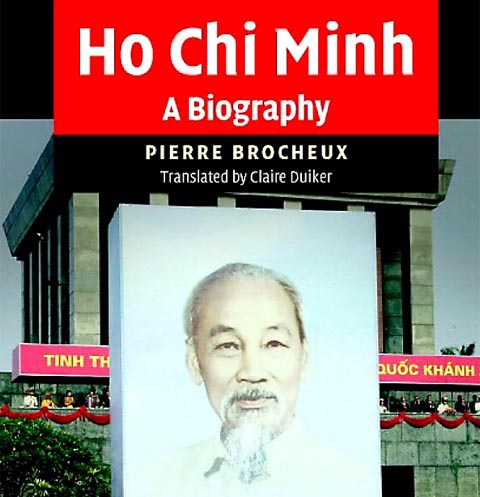The Lizard Cage by Karen Connelly (Nan A. Talese/Doubleday)
Teza, known as “The Songbird,” lives in a cage, sentenced to twenty years of solitary confinement in a Burmese prison. He’s a twenty-five-year-old man who had wanted to be a rock star but his Twelve Songs of Protest fed Burma’s rebellion instead. Locked away in a “teak coffin,” he is starving for food, for the touch of the woman who, after the first seven years of his imprisonment, had married someone else, and for the freedom “to speak and be spoken to.”
Teza’s name means the fire of power and glory, and this fire lives in his voice. He sings his songs almost silently because to send them out for others to hear would add years to his prison sentence. He talks to the insects that live in his cell, to a jailer who becomes his friend and ally, and to the man who brings him meals and will betray him.
Within the walls of this prison lives a child, the son of a man who had worked there until his death turned the seven-year-old boy into an orphan. Searching for a safe place, the child builds himself a shelter from bits of scrap and becomes an errand boy, carrying meals and messages and contraband to the prisoners. The prison is his world; he dreams of leaving to see Rangoon’s splendor but his fear holds him back. At twelve, he is a boy without a name, known as Nyi Lay, Little Brother, who hoards old books given to him by prisoners but who cannot read, who never eats enough food to subdue the pain of his growing legs, and who has learned that to be silent is to be unharmed.
A cheap ball-point pen is the instrument of Teza’s betrayal and a treasure that inexplicably lands in Nyi Lay’s path. Soon after this new possession comes his way, the boy begins serving meals to a prisoner whose jaw is so badly broken that he cannot speak or eat without tearing pain, a man who pushes his food tray back to Nyi Lay and manages to utter one agonizing syllable, “Eat.”
Teza, brutally beaten and pulled back from death by a political system who values him as a symbol of imprisoned rebellion, is diverted from his morphine-fueled dreams only by the boy who brings him food, a nameless, silent child who resembles Teza’s younger brother. He feeds Nyi Lay, speaks to the boy through the jagged pain of his broken jaw, and slowly, in a place of brutality and impotence and filth, Teza hatches a plan filled with hope and power.
Karen Connelly has recreated this prison world and its inhabitants with careful research and the piercing language of a poet. The Lizard Cage is not an easy book to read nor is it easy to forget once finished. It is a book that will haunt imaginations, inhabit minds, and perhaps change lives.~Janet Brown
More books on Myanmar at ThingsAsian Books

